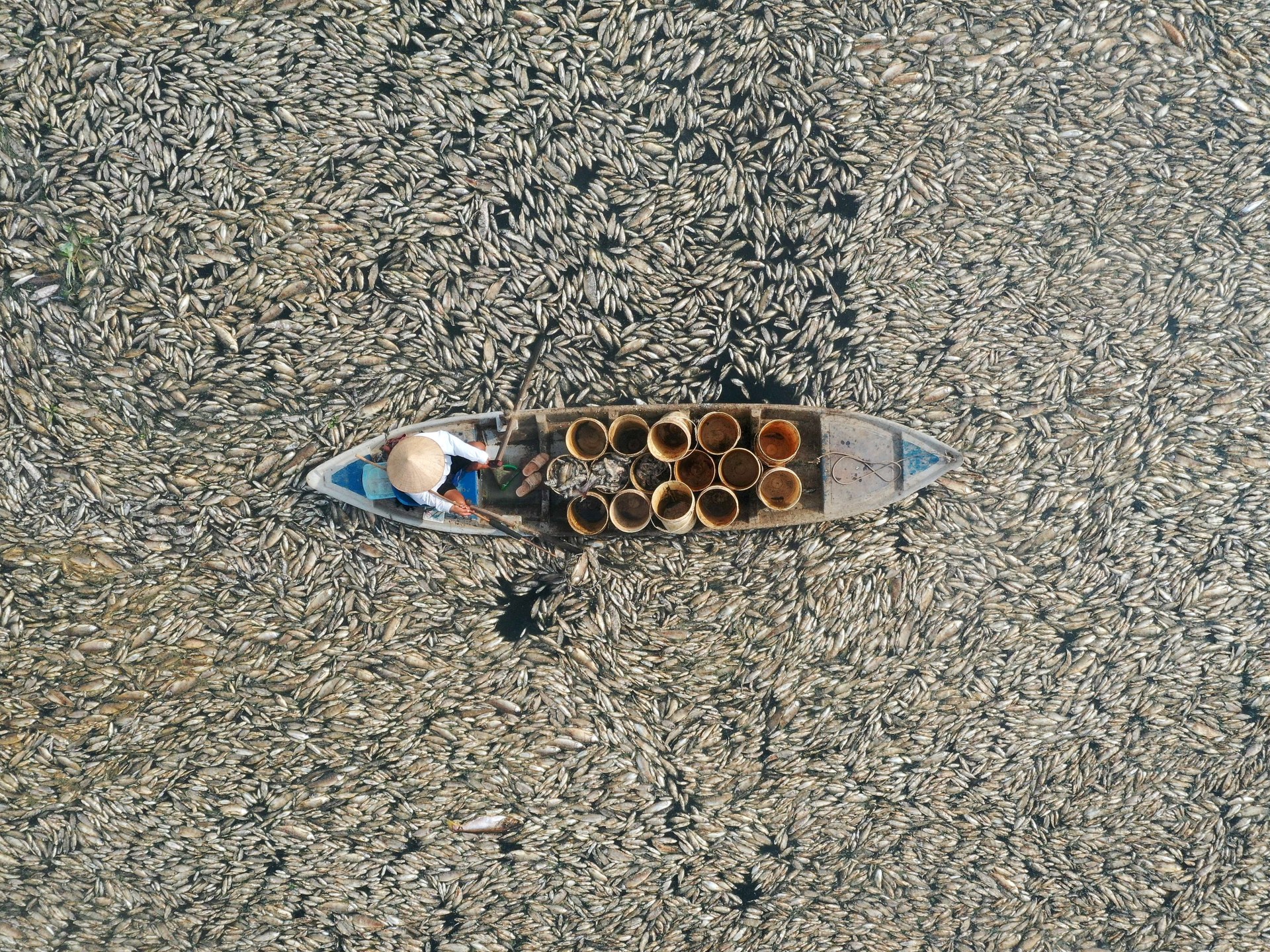NATO sends reinforcements to Kosovo
But in the Serb village of Svinjare just north of the provincial capital, Pristina, smoke billowed from houses set ablaze by arsonists mounting fresh attacks in the worst unrest since Kosovo’s war ended in 1999.
Death toll mounts
At least 31 people have been killed and hundreds wounded in clashes that have triggered fears of a potential new conflict in the volatile Balkans. Among the injured were 61 peacekeepers, three of whom were seriously hurt this week, said Capt. Athanasios Zormbas, a NATO spokesman.
The continuing violence underscored the divisions that have polarized Kosovo’s mostly Muslim ethnic Albanians, who want independence from Serbia, and Orthodox Christian Serbs, a minority in Kosovo who consider the province their ancient homeland.
NATO-led force at work
French NATO peacekeepers on Friday searched three high-rise apartment buildings inhabited by ethnic Albanian families in the volatile city of Kosovska Mitrovica. The peacekeepers were trying to find gunmen who were believed to have opened sniper fire overnight from the buildings.
"The situation is calm but very volatile, very fragile and could escalate any minute," Lt. Mathieu Mabin, spokesman for the French troops, told The Associated Press.
Mobin said his troops "were forced to use arms against armed and dangerous individuals … and we will continue to do so in the future."
Orthodox leaders said Friday that the 14th-century Serbian monastery of Devic in Kosovo’s central Drenica region also was looted and burned. French peacekeepers evacuated its nuns late Thursday, and no one was injured.
Human Rights Watch warning
Citing reports by peacekeepers, Human Rights Watch warned on Friday that "most of the violence is being directed at the ethnic Serb minority" and called for their protection.
Stung by the lawlessness that has left Serb enclaves here in ruins, peacekeepers promised to respond to provocations with a level of force not used here in the past.
Some peacekeepers were already carrying out the orders, shooting and wounding protesters who used violence in clashes Thursday, said Col. Horst Pieper, the chief NATO spokesman in Kosovo. The number of injured peacekeepers rose to 51 since clashes began Wednesday.
"The soldiers … will not tolerate those who seek to cause harm," said U.S. Brig. Gen. Rick Erlandson said in a statement. "My soldiers will immediately and forcefully stop anyone who violates the rule of law."
Kosovo’s crisis erupted on Wednesday, when ethnic Albanians blamed Serbs for the drownings of two children and began rampaging in revenge.
The ensuing violence reignited long simmering tensions between Serbs and ethnic Albanians that have spilled beyond Kosovo’s borders into the Serbian heartland.
Serbia-Montenegro on high alert
Serbia-Montenegro’s military raised the combat readiness of some units to their highest level, and the U.S. Embassy in Belgrade closed temporarily to the public as a precaution. U.N. international staff were evacuated from Kosovska Mitrovica, where the unrest erupted Wednesday, to a safer location.
The United Nations and NATO, which was bolstering its 18,500-member peacekeeping force with reinforcements from Britain, Germany, France, Italy and the United States, urged restraint in Kosovo and elsewhere in the turbulent region.
The alliance deployed 350 U.S. and Italian soldiers from Bosnia to Kosovo, and Britain said it would send 750 troops in the next few days. A military transport aircraft landed at Kosovo’s airport early Friday with 100 fresh British troops, who strode down the tarmac, rifles in hand.
More troops
Germany also promised to send 600 additional troops to Kosovo to help quell clashes between ethnic Albanians and Serbs, the Defense Ministry said Friday. France said it was sending 200 more troops later on Friday.
"Don’t forget the Balkans. We have learned — or we had to learn it yesterday again — how sensitive the situation is there," German Foreign Minister Joschka Fischer said.
Harri Holkeri, Kosovo’s top U.N. official, appealed for an end to the violence, warning that it undermined the international community’s efforts to reconcile the two sides after the war. The conflict killed about 10,000 people, mostly ethnic Albanians.
It ended in 1999 after NATO airstrikes halted former Yugoslav President Slobodan Milosevic’s brutal crackdown on ethnic Albanian militants seeking independence. Ethnic Albanians since have mounted periodic revenge attacks on Serbs.
The province is U.N.-administered but remains part of Serbia, with its final status to be decided by the United Nations. Ethnic Albanians are frustrated that the international officials who rescued Kosovo from the tyranny of Milosevic have failed to deliver on what for them is the only issue: independence.


